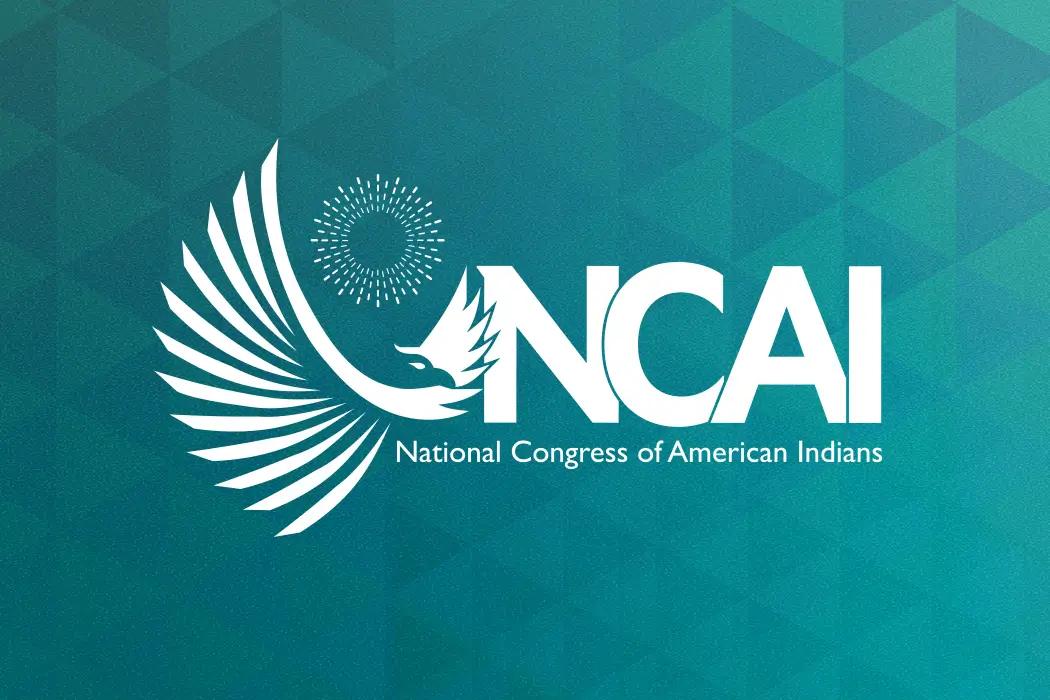
The Oklahoma Statewide Charter School Board and a Catholic charter school cite federal Indian Boarding schools as an example of federal funding of religious education without acknowledging that the schools in question were a form of cultural genocide.
Washington D.C. — On Monday, April 7, the National Congress of American Indians, the National Native American Boarding School Healing Coalition, and the Association on American Indian Affairs filed an amicus brief in Oklahoma Statewide Charter School Board v. Drummond and St. Isidore of Seville Catholic Virtual School v. Drummond, both on appeal to the U.S. Supreme Court. The Oklahoma Statewide Charter School Board and the Catholic school argue that the federal government has a longstanding tradition of funding religious education—pointing to federal Indian boarding schools and treaties with Tribal Nations—as evidence that such funding does not violate the U.S. Constitution’s principle of separation of church and state.
The amicus brief seeks to clarify that federal Indian boarding schools were part of the federal government’s Indian “civilization” policy that sought to forcibly assimilate Indian children by converting them to Christianity. The brief also explains the difference between Tribal Nations directing the United States to spend Tribal money on Indian education and federal spending of public money for the religious education of Indians. The Tribal organizations explain that neither example should be mischaracterized or misused to justify federal funding for religious education today.
"The traumatic impact caused by federal Indian boarding schools has been condemned globally. As educators should know, the Indian boarding schools were a shameful genocidal system aimed to ‘Kill the Indian, save the man’ and should not be used as a legal argument on who is entitled to tax payer money allocated for public education," said Shannon O’Loughlin, citizen of the Choctaw Nation of Oklahoma and the Chief Executive and Attorney for the Association on American Indian Affairs. The Association has worked since 1922 to protect Native Nations’ sovereignty and address the lasting impacts of federal Indian boarding schools on Native Peoples. “The so-called tradition referenced in the educators’ legal arguments involved separating children from their families without parental consent, isolating them in often torturous conditions, deliberately erasing their identities, their languages, and forcibly converting them to Christianity, as well as utilizing Native children for labor.”
Native communities survived the genocidal federal Indian boarding school system and continue to heal from the intergenerational trauma the system caused.
"Native people are still healing from the impacts of the federal boarding school system—a system deliberately created to disrupt Native culture and dismantle Native families. The children who survived these institutions were left to restore identities that had been systematically stripped away and to rebuild the sacred bonds with their families, communities, cultures, and spiritual practices that were intentionally severed,” said National Native American Boarding School Healing Coalition Chief Executive Officer Deborah Parker. “The healing continues today and must be supported—especially by educators who should know better. A policy rooted in cultural genocide is not one to aspire to or uphold as an example.”
The amicus brief also emphasizes critical distinctions in the School Board’s and Catholic school’s argument’s that erroneously equate Tribal Nations directing the use of Tribal money for religious education and the federal government expending public money for the religious education of Indigenous peoples. The former is an exercise of Tribal sovereignty not constrained by the Establishment Clause in the First Amendment of the U.S. Constitution. The latter was part of a federal policy that included forcing Indian children to convert to Christianity and flew in the face of the Establishment Clause.
“Some Tribal Nations receive education funding from the United States based on treaties and other agreements with the United States. What those Tribes decide to do with their funds is at their discretion and not an equivalent to federal expenditures of public monies which must follow the rules established by the United States government and Constitution,” said NCAI Executive Director Larry Wright Jr.
“There are many legal concerns with the School Board and Church’s arguments, but our simple point is that federal funding to convert Indians to Christianity and federal suppression of Native religions should not be mischaracterized or misused by the Court in this case or otherwise,” said NARF Executive Director John Echohawk.
Read the Amicus Brief Learn About Boarding School Healing
###
CONTACT:
Amy M. Echo-Hawk, Native American Rights Fund: media@narf.org, 303-447-8760 ext. 5
CC Hovie, Association on American Indian Affairs: 240-314-7155, cc@Indian-Affairs.org
Sherrie Catanach, National Native American Boarding School Healing Coalition: scatanach@nabshc.org, 612-474-0440
National Congress of American Indians: ncaipress@ncai.org
